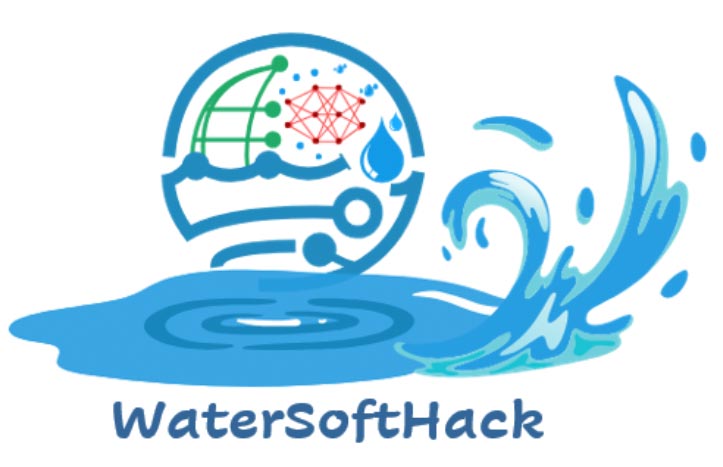Our project addresses the issue regarding the escalating impact of extreme weather events in the southeastern United States, which have led to heavy losses in lives, property, and infrastructure. Despite the abundance of available data, it remains underutilized in forecasting and mitigating these disasters. Leveraging NAIRR’s robust resources, we are developing advanced data-driven forecasting models by identifying and characterizing extreme event data and implementing sophisticated machine learning algorithms. We aim to enhance storm prediction capabilities and enable better anticipation, preparation, and response to extreme weather phenomena using state-of-the-art time series forecasting models such as N-HiTS, PatchTST, and Transformer.
Complementing our forecasting efforts, the WaterSoftHack initiative is designed to cultivate a diverse and skilled workforce proficient in advanced cyberinfrastructure and machine learning applications within water science research. Over a three-year training effort, participants engage in comprehensive training through open-source educational software and intensive hackathons, focusing on computational data analytics, machine learning modeling, and cloud computing. By utilizing NAIRR’s cloud resources, GPU facilities, Jupyteryter platforms, and web platforms, we aim to democratize access to tools and educational materials, thereby supporting both research and STEM education. Our project not only advances machine learning applications in water science but also fosters inclusive education and provides essential infrastructure support, ultimately empowering decision-makers and communities affected by frequent storms with the tools and knowledge needed to implement effective solutions.
